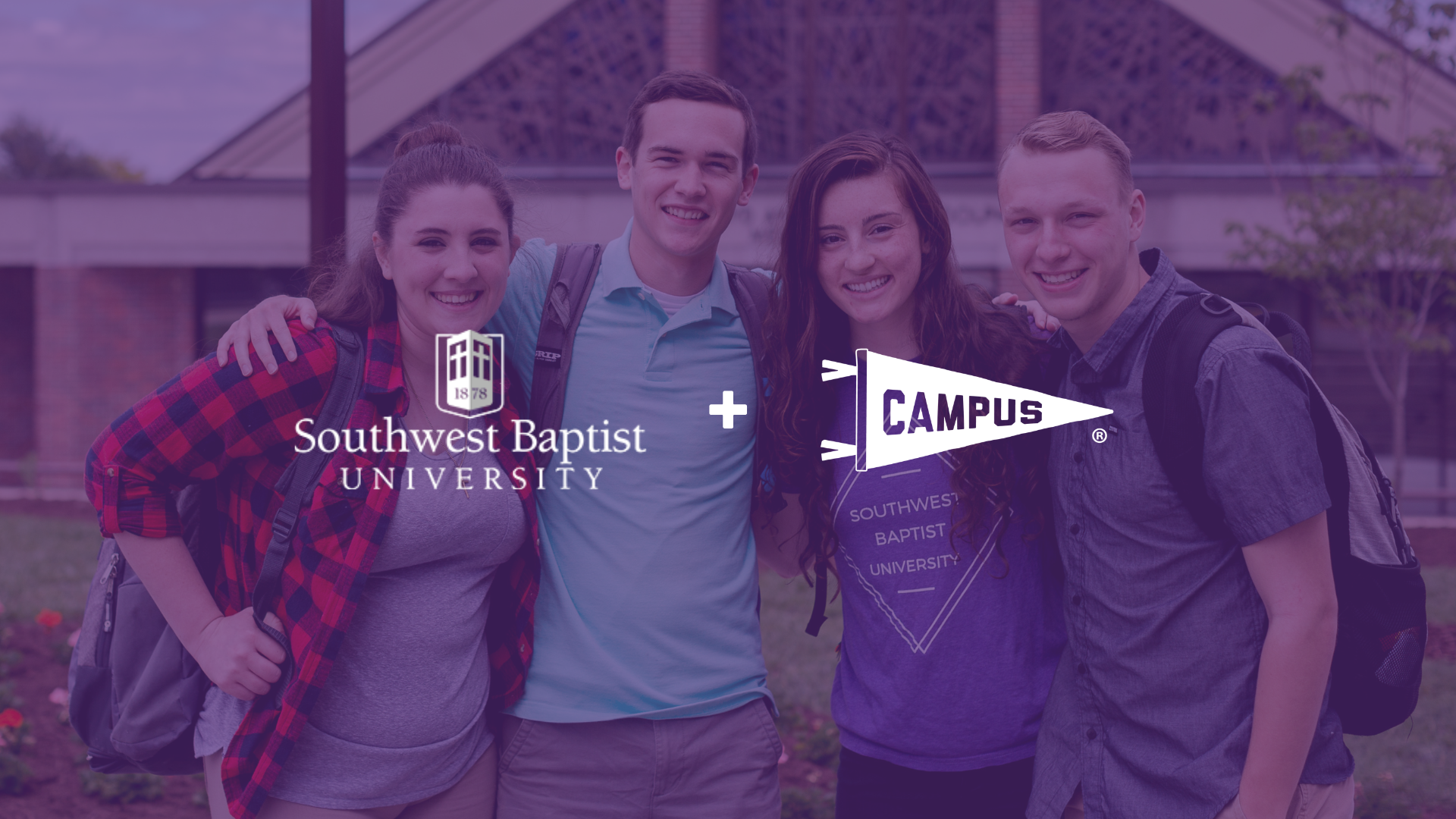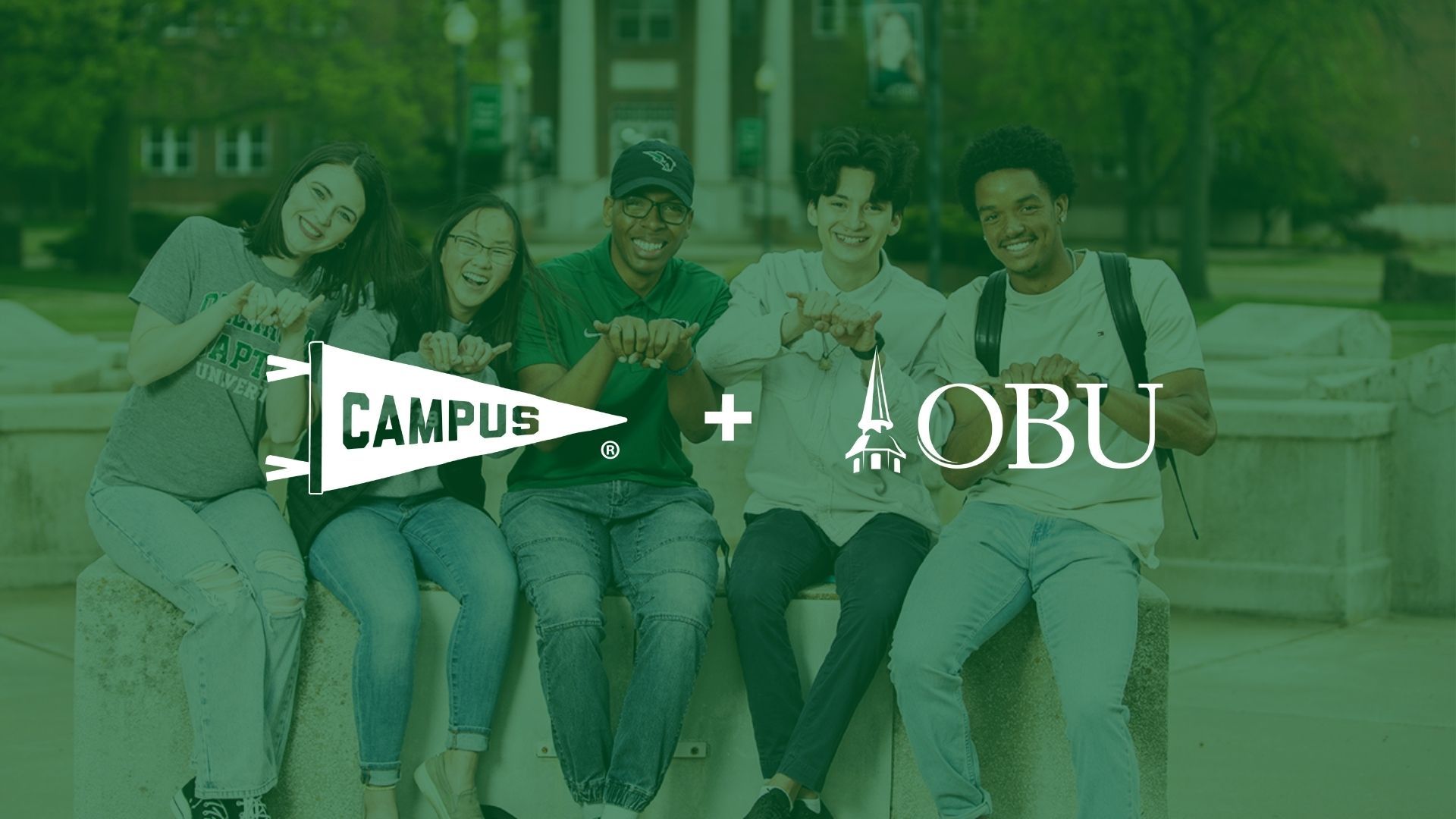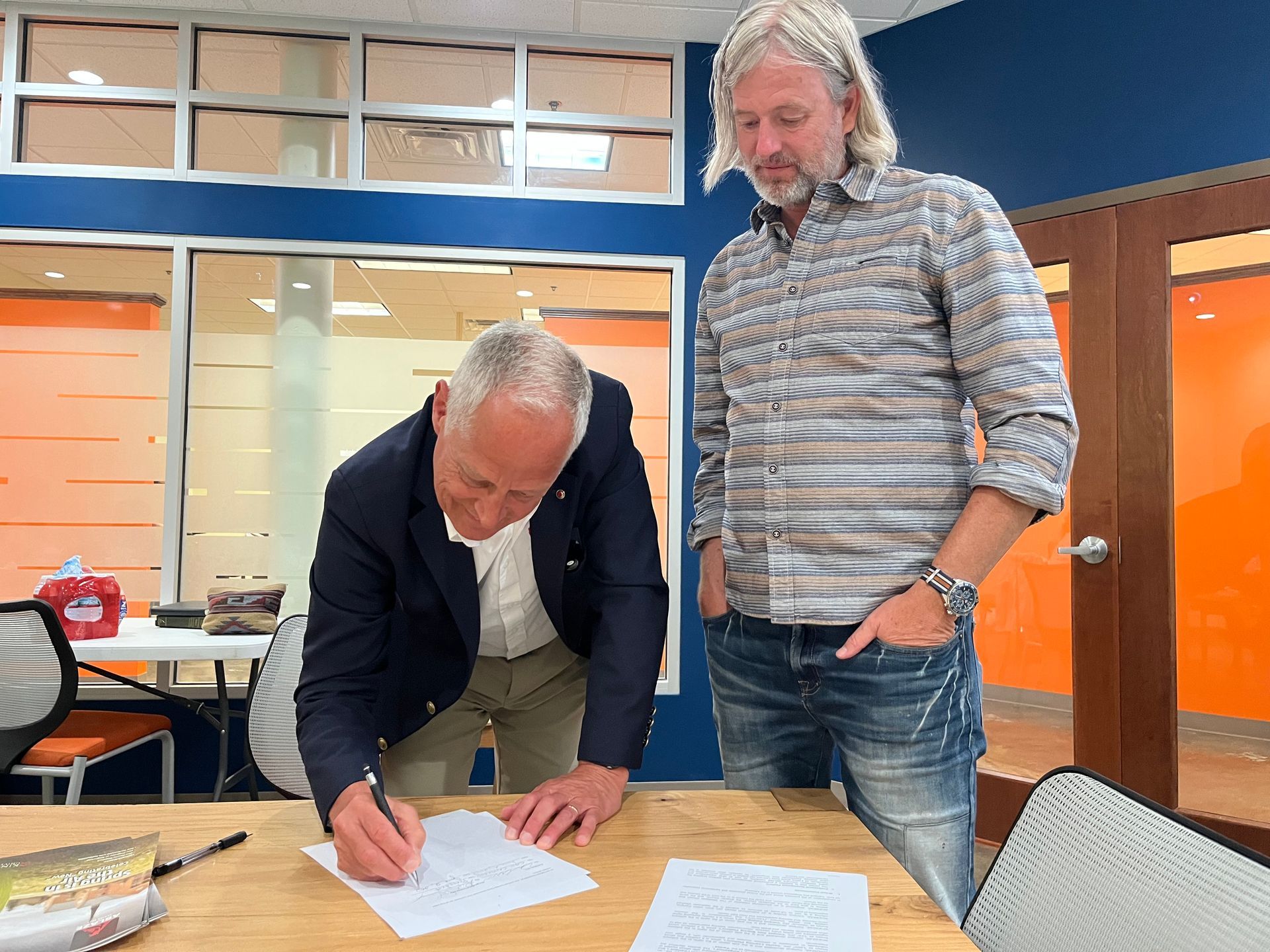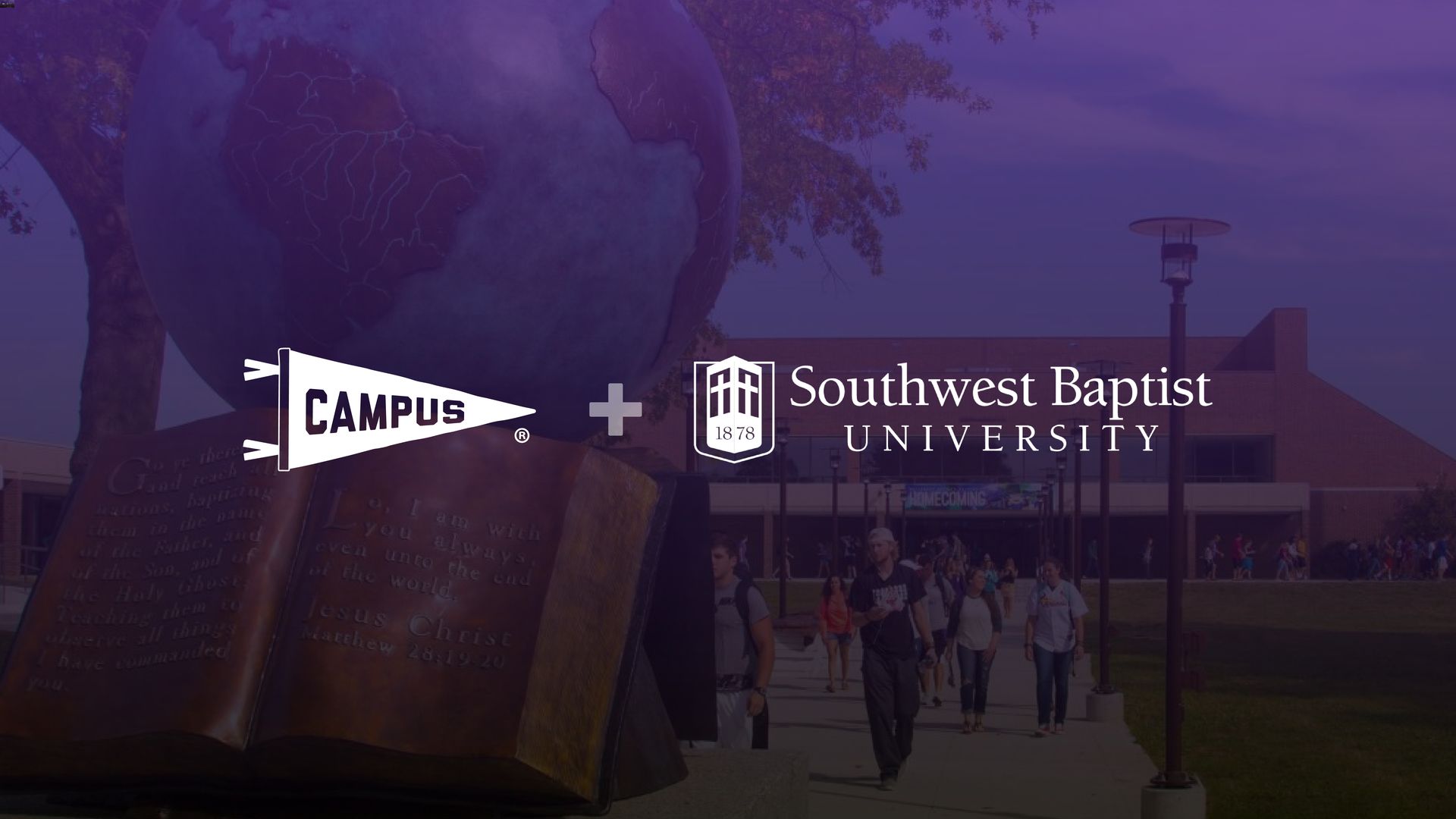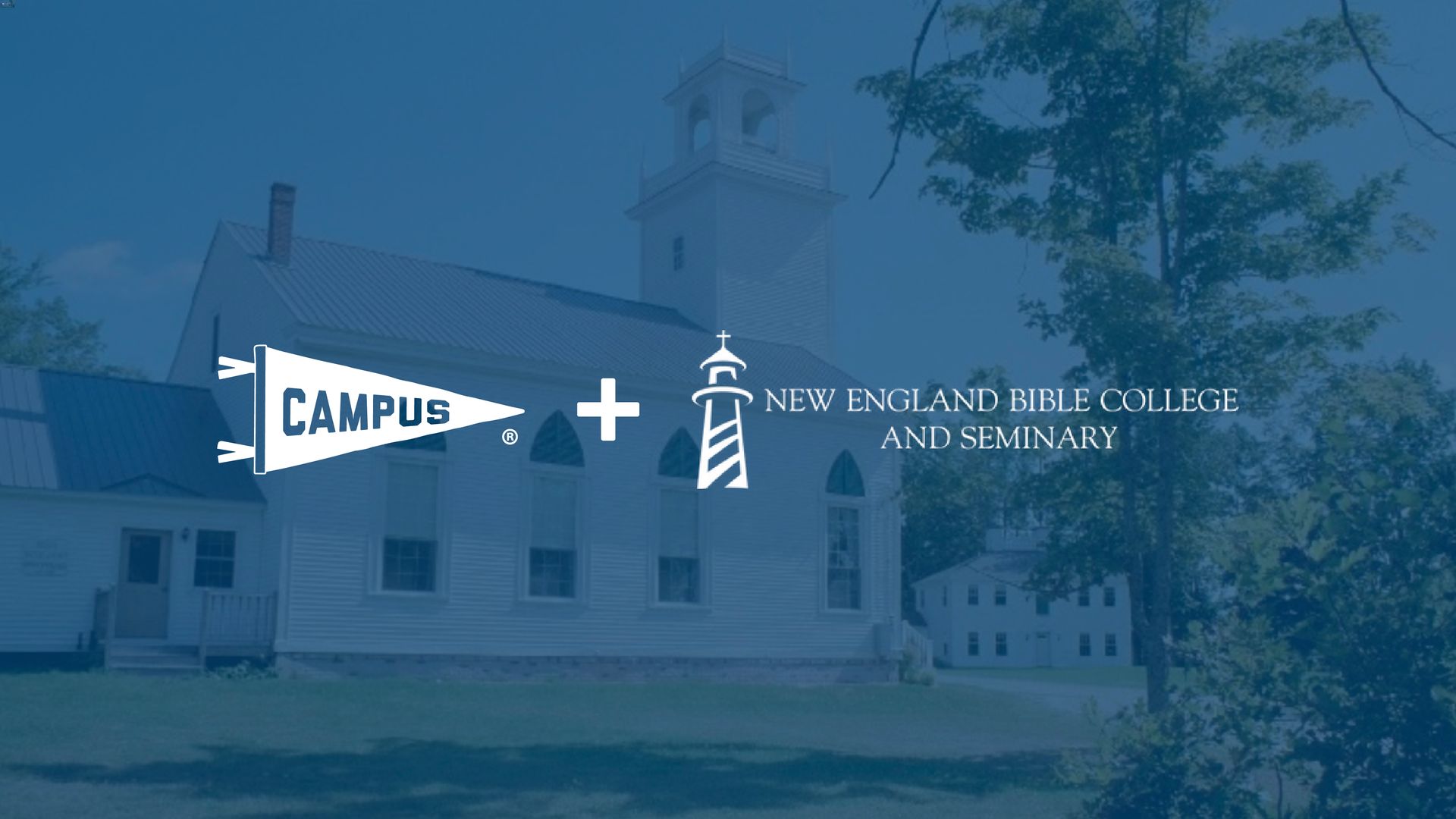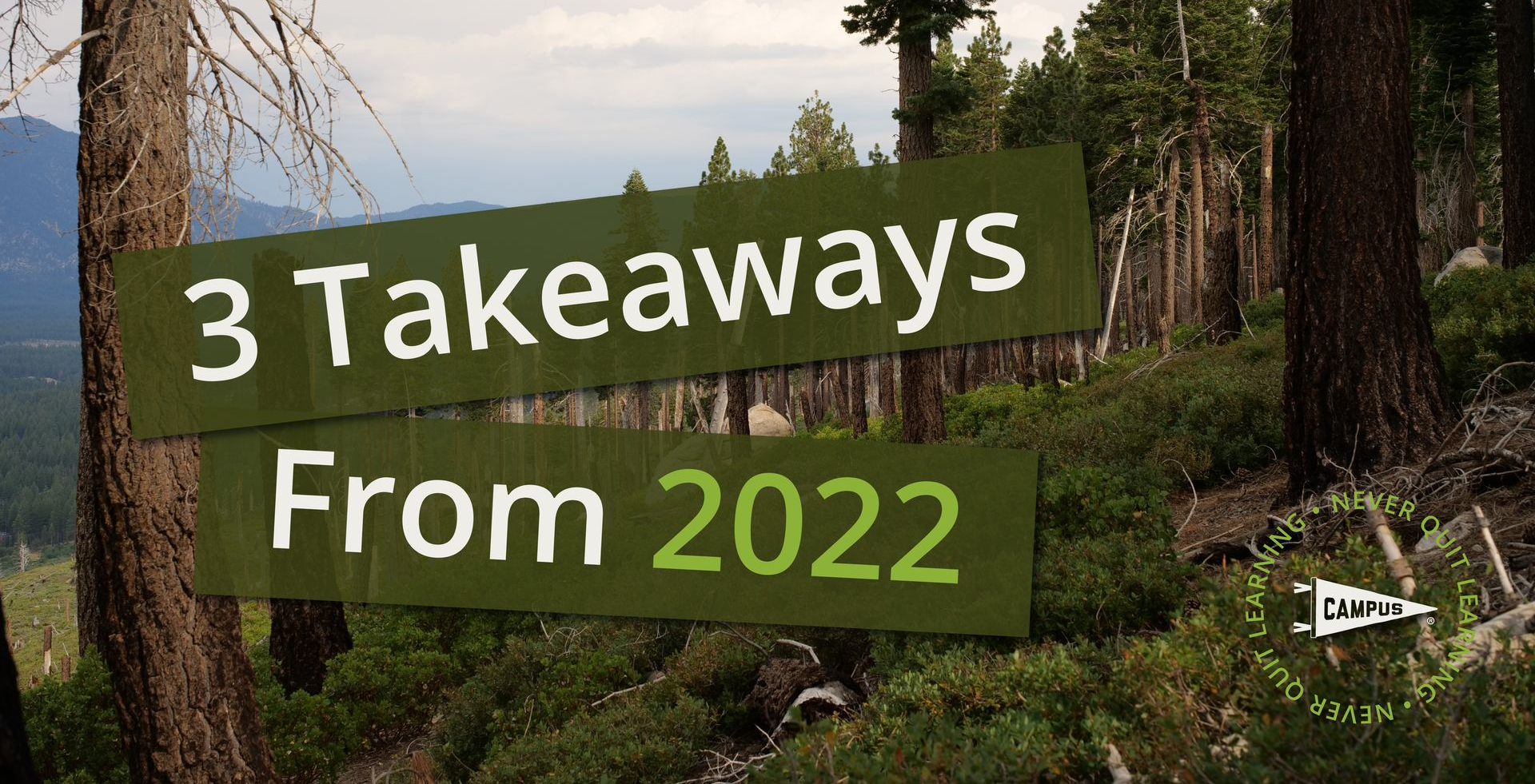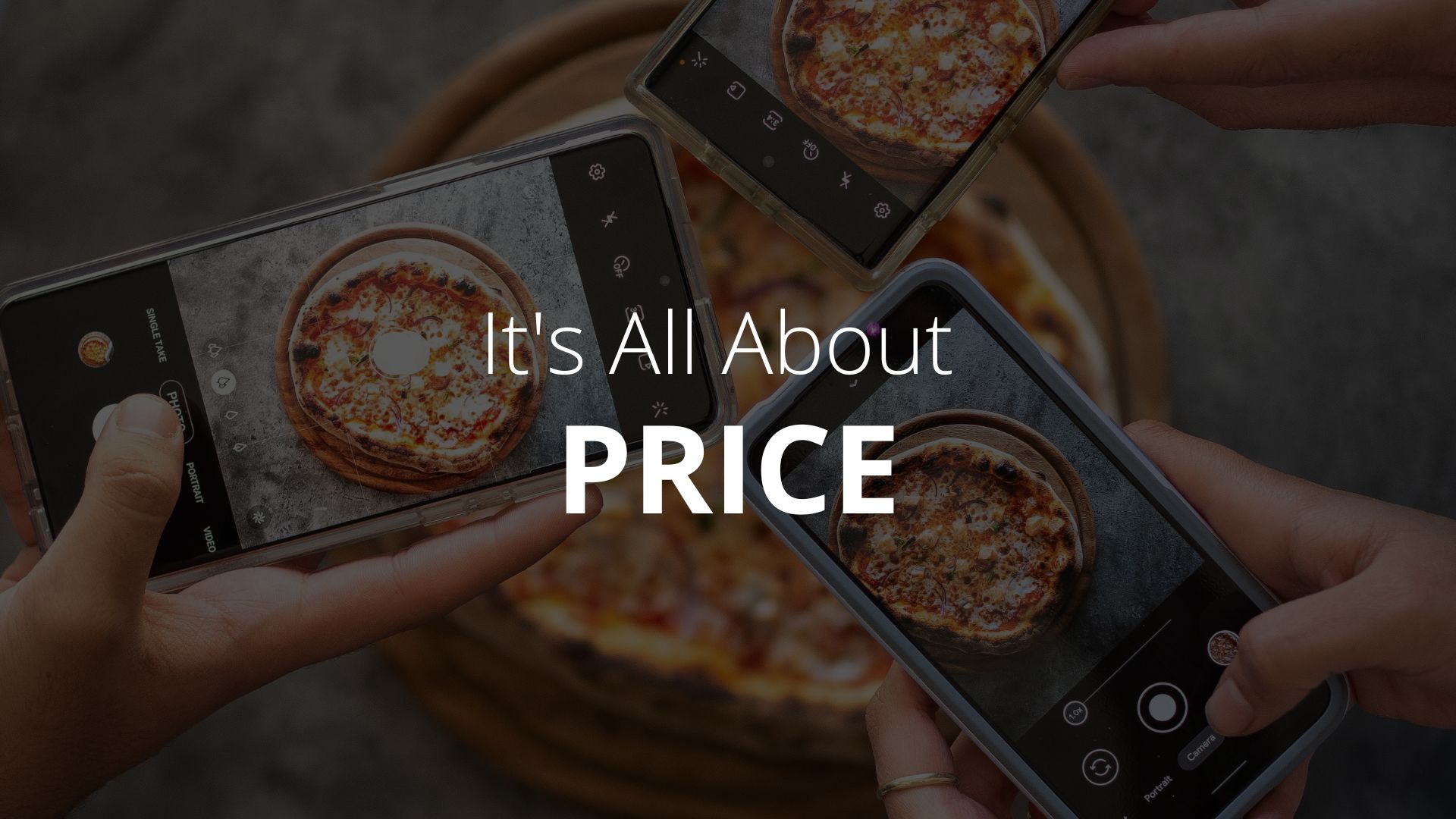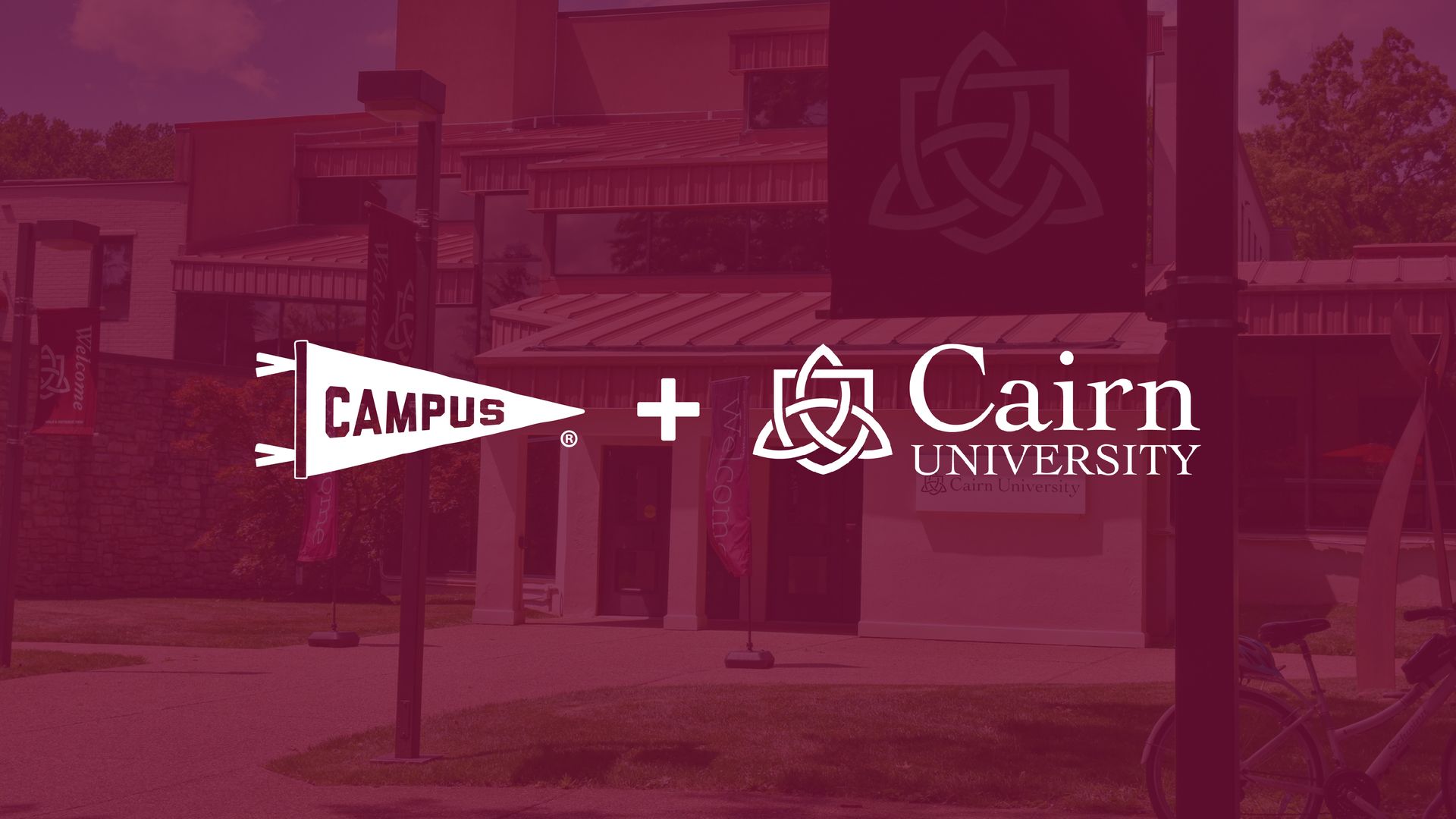A Learner-centered Strategy: Pace
Erin Crisp
January 18, 2022

A Learner-centered Strategy: Pace
Written by: Erin Crisp, Ed.D.
Do you have a learner-centered strategy at your institution?
Some experts balk at the term “learner-centered,” but overall, when we see it used in articles and institutional strategy documents, being student or learner-centered is framed as a goal to aspire toward. If you explore a handful of articles describing learner-centered strategies, a common theme emerges pretty quickly- importance placed on flexibility.
Especially in postsecondary education, being learner-centered and flexible are concepts that are joined at the hip, so what are we saying? Do we mean that students get everything they want? Is the customer always right? Educators are generally deeply concerned about the unintended consequences of a consumer mentality in education. We want what is best for learners, and there is a sense that sometimes learners are looking for quick-and-easy instead of the best with regard to their education.
The intent for this series of four brief articles is to provide a structure to organize a learner-centered strategy that maintains the evidence-based priorities of the educator ethos. As you aim to become more learner-centered at your college or university, you might consider targeting any or all of these four factors. Provide learners with increased options for flexibility of pace, program, place, and price. In this series of posts, I will explore each of the four factors, and point to at least one stream of academic research in support of each.
Pace
We intuitively understand that it takes some people longer to master certain concepts than others. While I might master the unit on data structures quickly, you may need more time with that concept, and you may master the unit on visualizations more quickly than me. Yet, most schooling is structured with defined start and end dates for all learners in a course. Learners are graded on the extent to which they master the prescribed learning outcomes before the universal finish line each semester. It seems paradoxical because it is. You might even assert that these prescribed starts and ends produce anti-learning behaviors like cheating and plagiarism- gaming the system.
Why do we even have universal pacing for most formal education? About a hundred years ago the leaders of the country asserted that having an educated citizenry would be better than leaving education up to families alone. In the early 1900s, manufacturing in the US was heating up and the business industry needed a stronger pipeline of talent than what the apprenticeship model of the trade unions was providing. All the way back to Socrates and Aristotle, apprenticeship or tutorial models have reigned supreme regarding quality of education, but in a productivity-minded society, one-on-one education just isn’t efficient enough.
Enter digital computing and technology.
In 1968, educational researcher and psychology professor Fred Keller wrote “Goodbye, Teacher…,” It’s a great read if you’re curious about PSI. He describes his Personalized System of Instruction (PSI) that was more successful than the traditional lecture-discussion model. Modern researchers have recognized the strengths of Keller’s PSI and theorized that the failings of the model could be overcome through digital technologies that were unavailable to Keller and his colleagues at the time. There are hundreds of scientific studies to support the idea that variable pacing provides improved learning outcomes. We just can’t seem to make it work in schools. The transition from study environment to real life has been a challenge.
Fast forward almost 30 years and we can see some evidence of what became of PSI. Here is one report from a psychology professor, Sherman, 1998, “Some PSI courses have been prohibited in spite of their success. I know of several colleagues who were given "cease and desist" orders… the chairman of the Psychology Department at Georgetown declared by fiat that something on the order of 50% of class time must be devoted to lecturing. By reducing the possibility of self-pacing to zero, this effectively eliminated PSI courses.” We have evidence of the success of PSI in many places and the failure of PSI in some other places. What can we learn from the examples of success and failure? That’s a whole separate article, but overall, individualized pacing of learning provides strong learning outcomes and high learner satisfaction when implemented as Keller described in his original research.
Jump ahead again to today’s learning landscape in 2022, and you’ll find remnant’s of Keller’s PSI in many thriving academic programs. Individualized pacing has been popularized by Western Governors University, Capella’s Flexpath, Southern New Hampshire University and others. Similar to the findings of Keller and Sherman, the implementation of these programs has not been without fault, but for many accreditors, regulators, practitioners, employers, policymakers, and thousands of learners, there is sufficient evidence of success. It seems that video-based online learning options can help overcome the barriers Keller documented.
A major weakness of the industry’s early efforts at providing individualized pacing for learners by using online courses could be broadly characterized as a swing too far in the opposite direction. Asynchronous courses overcame the challenge of prescribed times and places for learning to occur, but they also created problems with student retention because online learners no longer felt connected to one another, their instructors, or their institutions. Transformational learning is hard work, and most people need encouragement, personal connection, fun, intrigue, rewards, or some combination thereof in order to stay motivated.
The good news is that after a couple of decades of experimentation, we have a much better understanding of the ways technology can augment our unique human ability to connect with one another. Video production connects learners to instructors through narrative and visual storytelling elements. Advisors and/or faculty are alerted when an online student’s pattern of behavior changes, and interventions can occur long before a student is in danger of failing a course. Online simulations and learning games can be created by individuals with almost no computer programming expertise. Verifiable achievements like badges and micro-credentials are gaining credibility among employers, and because of that, they make good short-term motivators for learners. Finally, hybrid programs that blend online and in-person experiences seem to produce the best results yet related to overall retention with flexible course pacing.
Variable pacing intuitively makes sense to us, scientific research supports it, and we have practical modern examples of success. Learners should be able to accelerate individually through modules where they demonstrate proficiency, rewatch videos, re-take quizzes, and retry entire units that were challenging. Video-based synchronous meet-ups help scale and operationalize the one-on-one, 5-10 minute student-proctor meetings that were key to success in Keller’s PSI studies. If Keller were alive today, he would immediately recognize the power of technology to implement his methods efficiently.
This discussion has centered on the educational value of providing flexible
pacing
at the course level, but we should also consider flexible pacing at the program level. What programmatic models could be offered to compliment the four-year model? Is a four-year bachelor’s degree journey still best for the majority of learners? What if periods of classroom study could be interspersed with periods of practical application in the workplace? What if the pace of postsecondary education was spread across a lifetime? These questions lead us into next week’s topic- flexibility of
program.
The Campus Blog


